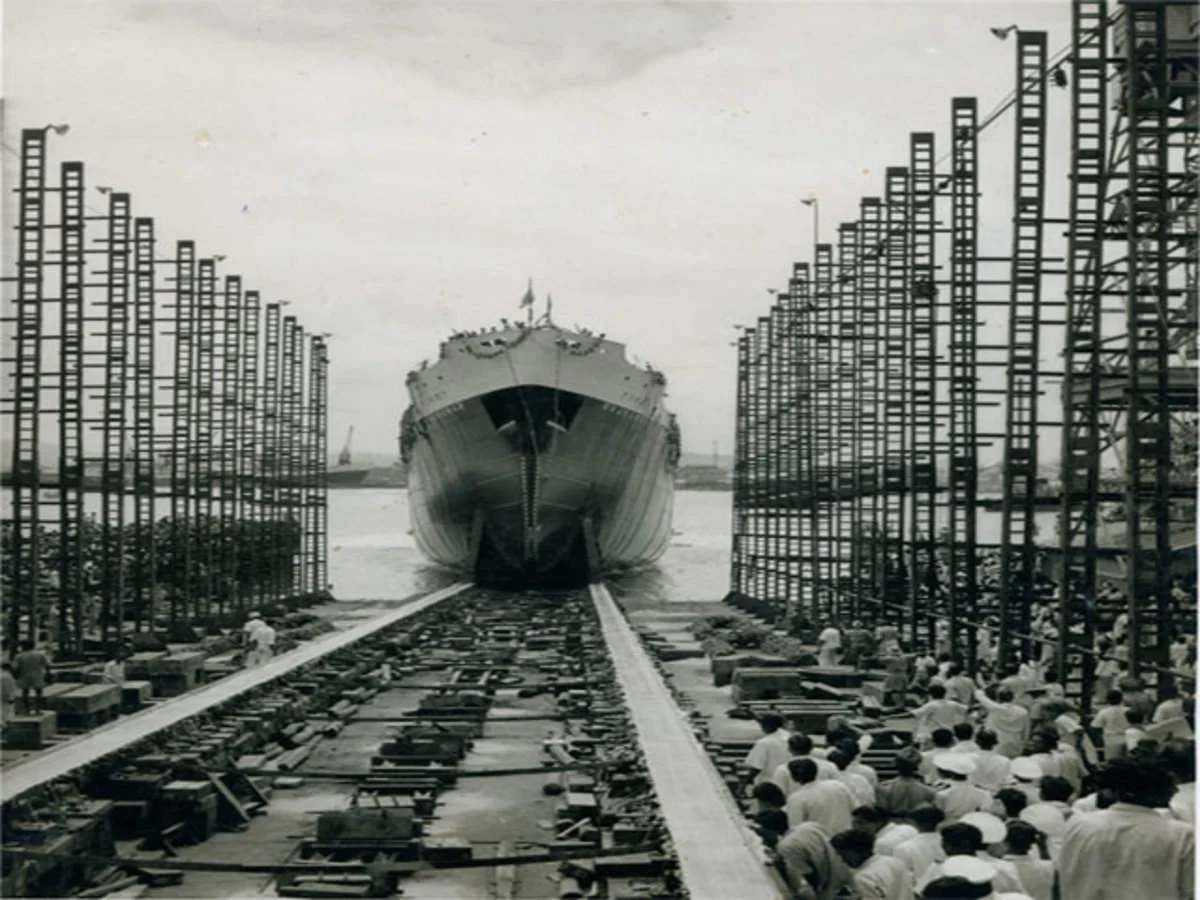In this SDG we seek nothing less than to change your understanding of the geography and history of the world by focusing your attention on the 70 per cent of the map that is blue. Our shift of emphasis from the land to the seas will reveal many trends and patterns of world history that are otherwise not apparent, such as trade routes established long before their seemingly sudden emergence. For example, trade networks of the Indian Ocean, pioneered at least four thousand years ago, were a point of departure and destination for merchants and mendicants from across the Arabian Sea and the Bay of Bengal long before events conspired to thrust them into the historical limelight.
Our core book is The Sea and Civilization: A Maritime History of the World, by the highly acclaimed author, Lincoln Paine.
Paine’s highly acclaimed maritime history offers unique insights into human affairs and history from disciplines such as the arts, religion, language, the law and political economy. Paine explains, for example, the critical role of the sea for the ancient civilizations of Egypt, Mesopotamia and the Indus Valley, and how the ancient Phoenicians, Greeks and others used the seas to spread their language, goods, religions and culture. He also covers a wide range of other topics such as shipbuilding, oceanic exploration, human migration and naval history, the importance of the Spice Islands, the Vikings, pirates, slave-traders and the Ming dynasty.
Unlike other maritime histories that focus on the age of European sailing, Paine takes us to places we rarely study, such as Oceania, Africa, Southeast and East Asia, the Indian Sea and the Caribbean, as well as more familiar seas like the Mediterranean, the North Sea and the Baltic.
The Sea and Civilization has been called “[a]n accomplishment of both great sweep and illuminating detail”, “a stunning work of history”, and “a mesmerizing, rhapsodic narrative of maritime enterprise”. As one reviewer concluded: “In short, one cannot find enough praise for Paine’s work.” Exploring this seminal work will provide a new and unique way for PLATO members to study world history.




